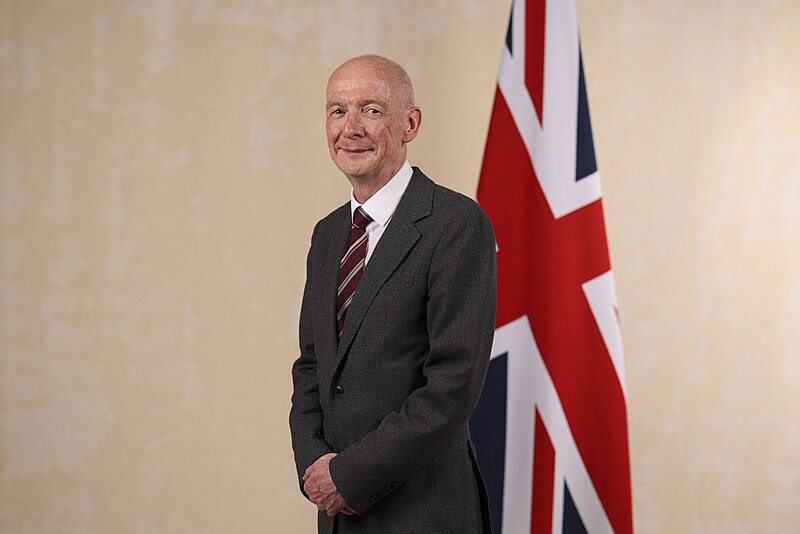
Cabinet Office Minister Pat McFadden has announced new measures that will require ministers to declare hospitality linked to their government roles in both the ministerial register and their
MP’s register of interests. Currently, hospitality received in relation to ministerial duties is published by departments but with less frequency and without the need to disclose its value.
This change follows recent controversy surrounding gifts received by Labour leader Sir Keir Starmer and other senior ministers, particularly from major Labour donor Lord Alli.
Sir Keir Starmer came under scrutiny after receiving clothing worth £16,000, which led to criticism from within his own party. MP Rosie Duffield, who recently announced her departure from Labour, cited frustrations over such issues, accusing the leadership of prioritizing "greed and power" over making a difference.
At present, MPs are required to declare gifts and hospitality worth over £300 if they are part of their "parliamentary or political activities." These declarations must be made within 28 days and include the name of the donor and the estimated value, with records updated fortnightly while Parliament is in session. However, under a rule introduced during David Cameron's premiership, ministers can register hospitality related to their government work in departmental declarations published every three months, where the value does not need to be specified.
This discrepancy came to light in 2022 when former Home Secretary Dame Priti Patel recorded tickets to a James Bond premiere in her departmental record, but not in her MP’s register, claiming her attendance was linked to her ministerial role.
Speaking to the BBC’s Laura Kuenssberg, McFadden acknowledged that the current system creates an "imbalance in the rules," leading to different transparency obligations for ministers and shadow ministers attending the same events. He confirmed that the forthcoming update to the ministerial rulebook would close this "loophole."
No Change to Hospitality Types, Just Declarations
The proposed reform will not alter the types of hospitality ministers can accept but will change how it must be declared. This comes after weeks of media attention on the clothing, tickets, and accommodation provided to senior ministers. The prime minister, chancellor, and deputy prime minister have pledged to no longer accept donated clothing following revelations that they had received work attire worth thousands of pounds from donors.
Sir Keir Starmer was criticized for initially declaring £16,000 worth of clothing as a donation to his "private office," which will now be recategorized. Additionally, he faced backlash for failing to declare gifts of clothing for his wife, Victoria. Starmer also defended staying in Lord Alli's flat during the election campaign, a gesture he valued at £20,000, claiming it was to support his son’s GCSE studies.
Despite concerns about the TV executive's close ties with Sir Keir, McFadden insisted there was "no policy quid pro quo," emphasizing that Lord Alli was not trying to influence government policy. McFadden also supported the idea of political leaders accepting free clothing, arguing that “presentation” is a part of political campaigning.
The MPs' register of interests currently covers gifts and hospitality received until early August, encompassing Labour’s first month in government following its landslide election victory in July. Hospitality received by MPs after this period is expected to be disclosed in the next update, due later this month. Additionally, Labour’s government is set to publish its first list of ministers' interests, which will be released later this year. Photo by Lauren Hurley / No 10 Downing Street, Wikimedia commons.




































